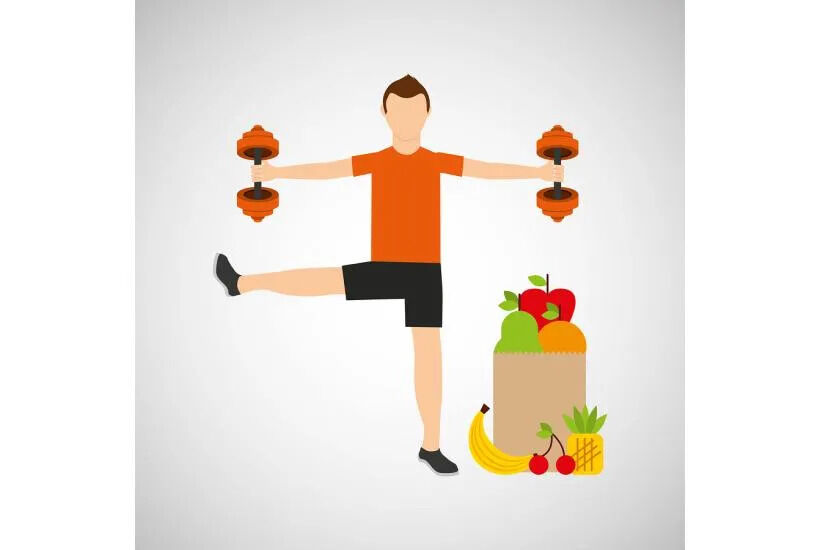Dieting, Cardio or Strength Training: What's Best for Weight Loss?

It is widely thought that moderate "cardio" activity done for an extended period of time is one of the best ways to lose weight. Research, suggests, however, that this repetitive type of workout isn't near the top of best overall ways to improve health and definitely not the best way to lose weight. Fitness pros often refer to this thinking as "cardio trap" or "chronic cardio".
So if not lengthy cardio sessions, then what is the trick?
The Most Important: Your Diet
In the grand scheme of things, the time you spend outside of exercising per week dwarfs the hours you put in to working out. Doing a light jog might burn 300-400 calories, which is a drop in the bucket of a person's normal daily caloric intake. And, to be honest, most of us only end up exercising a couple times a week. You can see where this imbalance starts to happen as the calorie differences turn into extra pounds over time.

Reducing calorie intake is the best way to start losing weight. Think about it this way: if you took out just one large soda (or similar sugary foods) each day, you've almost achieved about the same calorie reduction as exercising several times a week. In fact, this is how our popular WonderSlim plan can help with weight maintenance. It keeps you on a rigid schedule of calorie-controlled foods that are high in protein to help avoid any cheating. An average person's daily calorie levels eventually can see big reductions.
While it's definitely a great start to get your diet in check, exercise can assist in those gains, plus has additional health benefits. So, which type is the best as far as calories go?
Why Cardio Isn't Efficient at Burning Calories

In the past several years, more and more research is showing exercise doesn't necessarily lead to weight loss. Cardio, has this issue, in particular. When it comes to weight loss, repetitive cardio exercise (like running) has low Exercise Post Oxygen Consumption (EPOC). In other words, calories burned from this type of exercise only happens while the exercise is occurring, not afterwards. In terms of health, it also has limits due to the fact that it conditions your heart to operate better while exercising at a certain level, but doesn't help during moments of stress or rapid changes in energy needs.
Over time, the body tends to adapt to repetitive exercise, which slows down calories burned and fat loss. This is also why those who are just starting this type of exercise program see initial results, but then those taper off over time.
Go for Strength and Intensity
Challenging the body to rapidly adapt and continue to build over time is key to seeing more long-term results from exercise. Lifting heavier weights and high-intensity (or interval) training (HIIT) are two types of exercise that accomplish this.
HIIT workouts involve using maximum effort for a short amount of time, over and over. For example, if running, you would sprint for 30-60 second spurts and take a short break in between (like 1-2 minutes) and then do it over again. These workouts should involve changing conditions (like going uphill, downhill) which train your body to always adapt. This makes your metabolism work harder, and it continues to work after you finish exercising.
So, just how much better are results people could see with HIIT vs. regular cardio? One study from University of New South Wales showed up to three times more body fat was lost this way. You can see the study here.
Weight training is surprisingly effective at burning calories during and after the exercise happens (hours and even days later). One reason for this is that muscle contraction is a key engine of burning fat, which includes the release of hormones in the body that aid in this process.
Methods Ranked

In the end, any type of exercise and/or improved eating plan will help you become healthy and may assist in a weight loss goal. Unfortunately, with limited time and energy, it is important to look at the science and find the most efficient ways to burn calories and ultimately burn fat.
Improving your diet (i.e. reducing caloric intake) is the most important. If you do nothing else, do this one. If you undertake an exercise regime, it's important not to do it as a replacement for eating healthier, as you will see limited, if any, results. The least effective form of exercise for weight loss (though there are healthy benefits) is repetitive, moderate intensity cardio, as it will bring diminishing results over time as your body adapt.
The best approach is to improve your diet and combine high-intensity training with some weight/resistance training to keep your metabolism working overtime and burning calories long after you've left the gym.